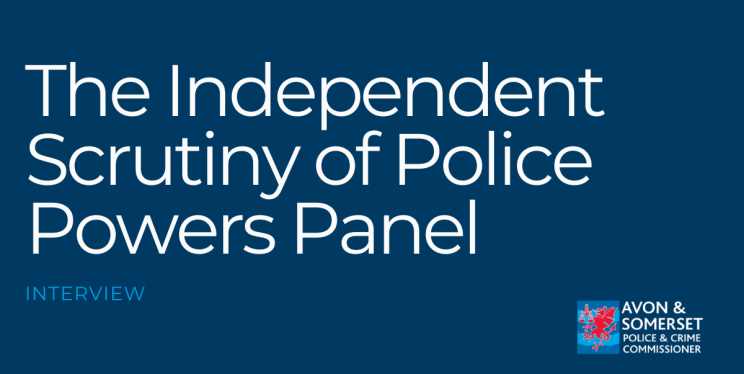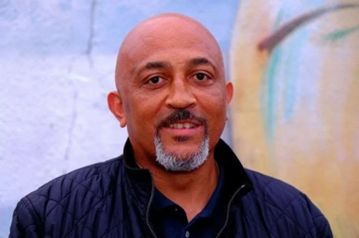ISOPP Interview: Desmond Brown

The Independent Scrutiny of Police Powers (ISOPP) Panel is made up of local people from a diverse range of backgrounds who want to help the Police and Crime Commissioner (PCC) monitor the use of force by the police such as the use of a Taser.
We are interviewing our panel members to give a more insight into the panel starting with Desmond Brown, the Independent Chair for the Lammy Review Group and Director of Growing Futures a CIC that provides programmes, resources and educational opportunities for young people and communities.

What motivated you to join the Independent Scrutiny of Police Powers (ISOPP) Panel?
Following the tasering of Judah Abdunbi in 2017, I was asked to join the newly formed Independent Scrutiny of Police Powers (ISoPP) Panel. Initially I was reluctant to do so, as engagement with the police in this manner was frowned upon in my community. My reasons for taking part were simple, shouting from the side lines about scoring goals is easy, but it doesn’t score the goals. Being on the pitch attempting to score is a whole other thing.
Can you describe your background and how it contributes to your role on the ISOPP?
As a dual heritage man (Jamaican, Irish) brought up in London, I was first stopped and searched at the age of 9, for “matching the description”. The interactions with police that followed up until my 30’s had all been negative. After the tasering of a 60-year-old black man by mistake (Judah Abdunbi) I was really galvanised into taking action to create better outcomes for my community
What does a typical ISOPP session look like?
ISOPP sessions since covid have allowed us to do much more work remotely watching Body Worn Video (Body Worn Video) of dip sampled cases from areas that the ISOPP consider important i.e. Strip searches BAME youth, compliant handcuffing etc. We highlight areas of concern from what we have watched, as well as highlighting great practice from officers. Once we have viewed and made our notes the constabulary answer any of our questions, escalating concerns and then a report is produced and published on the PCC website.
Can you share one of the panel’s recent successes with us?
Felix road incident in which two teenagers playing were erroneously reported as causing trouble. An officer turned up and immediately handcuffed the kids. The panel spotted the incident and were able to flag it as poor practice and it resulted in the the Chief Inspector meeting with the teenagers’ families and with the case being reviewed.
Watching bodycam footage of incidents of police force can be very distressing, how do you and the panel members take care of yourselves after viewings?
We are a close knit group who talk regularly and discuss how we are. Alongside that there are mechanisms within the OPCC to support us individually and as a group.
How does the ISOPP Panel collaborate with the police to improve accountability?
As independent scrutineers the panel has, over the years, influenced policing in our area, from stop and search and vehicle stops, to the police’s policy around searches of mobile phones. ISOPP is becoming a beacon for best practice in scrutiny, across the UK. Made up from the diverse communities across the region, we are a critical friend to the police around trust and legitimacy.
What do you believe are the most significant benefits of having community volunteers involved in monitoring police powers?
As seen in the documentary ‘to catch a copper’ incidents are raised from the community to members that can be escalated, and we demand accountability from senior leaders within our police force.
Keen eyed people will recognise you from the channel 4 documentary “To Catch a Copper” where you reviewed footage of the Bedminster bus incident. What impact do you hope this documentary will have?
That independent scrutiny of policing needs to be visible, so more people access it and are part of it. Police accountability needs to be overhauled and the culture within policing must become more transparent and inclusive.
